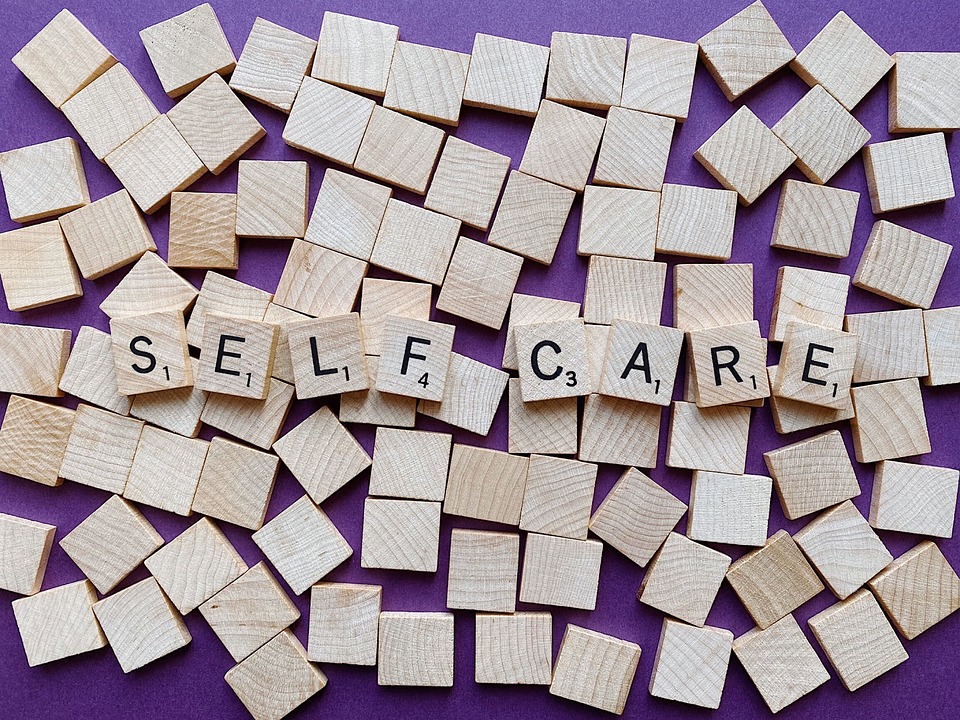
Introduction
Self-worth, or self-esteem, refers to how much value individuals place on themselves and their abilities. It is a crucial component of mental health and can significantly impact one’s overall well-being. Self-worth influences how individuals perceive themselves, how they interact with others, and how they navigate various challenges in life. In this article, we will explore the importance of self-worth in relation to mental health and examine how low self-worth can have negative effects on one’s psychological well-being.
The Connection Between Self-Worth and Mental Health
Self-worth plays a critical role in shaping our mental health and overall happiness. When individuals have a healthy sense of self-worth, they are more likely to experience positive emotions, have healthier relationships, and cope effectively with stressors. On the contrary, low self-worth can lead to feelings of inadequacy, insecurity, and self-doubt, which can contribute to various mental health issues such as depression, anxiety, and low self-esteem.
Self-Worth and Depression
Research has shown a strong correlation between low self-worth and depression. Individuals who struggle with feelings of worthlessness and self-criticism are more susceptible to developing depressive symptoms. These negative beliefs about themselves can reinforce a cycle of pessimism and hopelessness, making it difficult for individuals to seek help or engage in activities that can improve their mental well-being.
Self-Worth and Anxiety
Low self-worth can also contribute to the development of anxiety disorders. Individuals who doubt their abilities and constantly worry about their worthiness are more likely to experience heightened levels of anxiety. These feelings of inadequacy can prevent individuals from taking risks, pursuing their goals, and engaging in social interactions, further exacerbating their anxiety symptoms.
The Impact of Low Self-Worth on Relationships
Self-worth not only affects one’s mental health but also plays a significant role in shaping their relationships with others. Individuals with low self-worth may struggle to establish healthy boundaries, communicate effectively, and trust others. This can result in strained relationships, feelings of isolation, and a lack of social support – all of which can further impact their mental health.
Building Self-Worth for Better Mental Health
It is essential for individuals to work on building their self-worth in order to enhance their mental well-being. There are several strategies that can help individuals improve their self-esteem and cultivate a healthier sense of self-worth:
- Practice self-care: Engage in activities that promote self-love and self-compassion, such as exercise, meditation, and spending time with loved ones.
- Challenge negative beliefs: Identify and challenge negative thoughts and beliefs about yourself by replacing them with positive affirmations and self-compassionate statements.
- Set boundaries: Learn to assert yourself and set boundaries in your relationships to protect your self-worth and well-being.
- Seek professional help: If low self-worth is significantly impacting your mental health, consider seeking therapy or counseling to address underlying issues and develop coping strategies.
Conclusion
Self-worth is a foundational aspect of mental health, influencing how individuals perceive themselves, their relationships, and their overall well-being. Low self-worth can have detrimental effects on one’s mental health, leading to the development of depression, anxiety, and other psychological issues. It is crucial for individuals to work on building their self-esteem and self-worth in order to cultivate a positive sense of self and enhance their mental well-being. By practicing self-care, challenging negative beliefs, setting boundaries, and seeking professional help when needed, individuals can improve their self-worth and experience greater mental health and happiness.